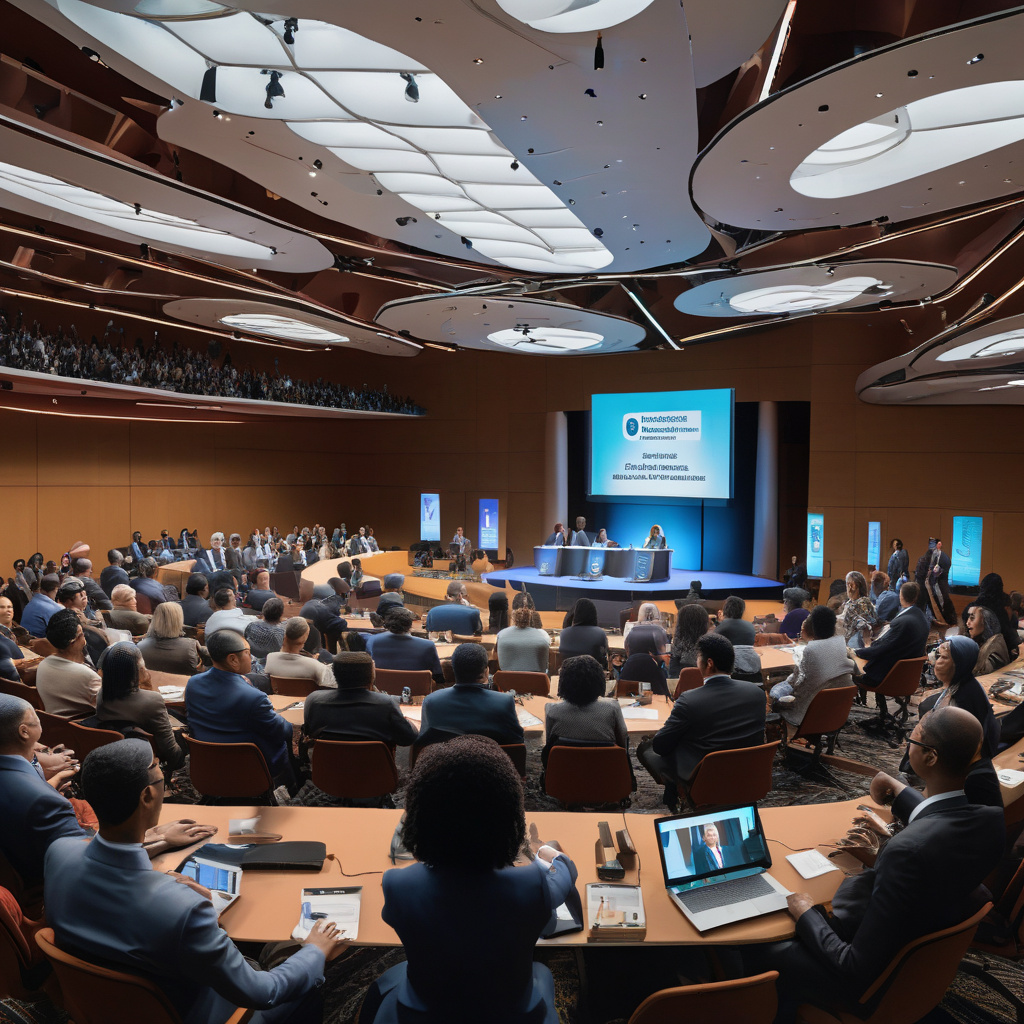The Future of Global Digital Cooperation: Shaping the Internet Governance Landscape at IGF 2025
As digital cooperation reaches a crucial juncture, the discussions and decisions made today are poised to redefine the governance of the internet for generations to come. The recent debates and dialogues at the Internet Governance Forum (IGF) 2025 have underscored the urgency and significance of forging a path forward for global digital cooperation.
The landscape of digital marketing, e-commerce, and retail is intricately linked to the governance of the internet. From data privacy and cybersecurity to online consumer protection and cross-border e-commerce regulations, the way in which the internet is governed has a profound impact on businesses and consumers worldwide. As such, the outcomes of the discussions at IGF 2025 are poised to have far-reaching implications for the digital economy.
One of the key themes that emerged from the debates at IGF 2025 is the need for enhanced collaboration and coordination among stakeholders at the global level. In an ever-connected world where digital technologies transcend geographical boundaries, a fragmented approach to internet governance is no longer tenable. Instead, there is a growing consensus that a more cohesive and inclusive framework for digital cooperation is needed to address the complex challenges and opportunities of the digital age.
Moreover, the discussions at IGF 2025 have highlighted the importance of balancing innovation and regulation in the digital ecosystem. While innovation is a driving force behind the growth of the digital economy, it must be accompanied by robust regulatory frameworks that safeguard the interests of consumers, promote fair competition, and uphold fundamental rights and values. Finding the right balance between fostering innovation and ensuring responsible digital governance is a delicate yet critical task that requires the collective efforts of governments, businesses, civil society, and other stakeholders.
Another focal point of the debates at IGF 2025 has been the imperative of enhancing digital trust and security. With cyber threats on the rise and data breaches becoming increasingly common, building trust in the digital environment is paramount to the continued growth and prosperity of the digital economy. Strengthening cybersecurity measures, promoting data protection and privacy, and fostering a culture of digital trust are essential components of a resilient and secure digital ecosystem.
Furthermore, the discussions at IGF 2025 have underscored the importance of promoting digital inclusion and accessibility. In an era where digital technologies are reshaping every aspect of society, ensuring that all individuals and communities have equal opportunities to participate in the digital economy is essential for driving sustainable and inclusive growth. Bridging the digital divide, empowering marginalized groups, and promoting digital literacy are key priorities that must be addressed through concerted efforts and targeted initiatives.
In conclusion, the deliberations at IGF 2025 have shed light on the critical challenges and opportunities facing global digital cooperation. By fostering enhanced collaboration, striking the right balance between innovation and regulation, enhancing digital trust and security, and promoting digital inclusion and accessibility, stakeholders can pave the way for a more sustainable, inclusive, and prosperous digital future. The decisions made today will shape the internet governance landscape for years to come, making it imperative for all stakeholders to actively engage in the ongoing dialogue and contribute to the collective effort of shaping the digital world of tomorrow.
digital cooperation, internet governance, digital economy, cybersecurity, digital trust, digital inclusion
